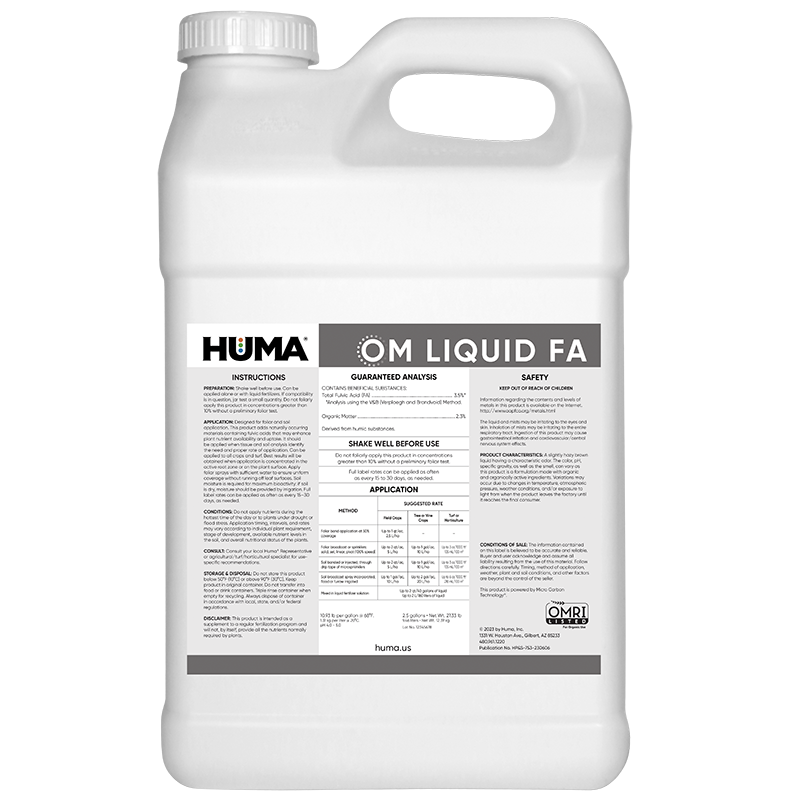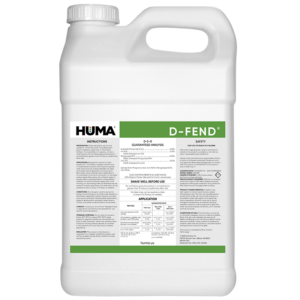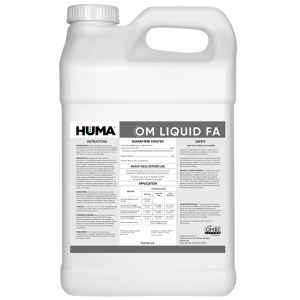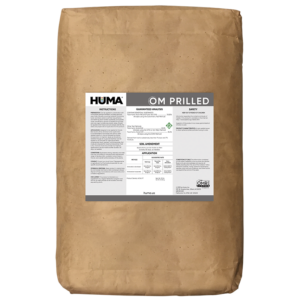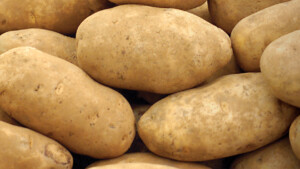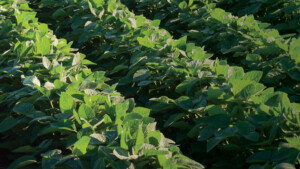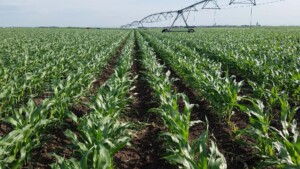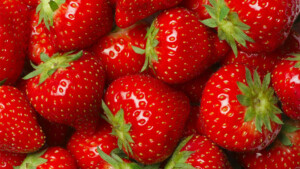FAQs
Related Products
Related Case Studies

PROUD 3 Fungicide Replacement
Background Huma® fungicide programs with Micro Carbon Technology® provide growers with effective options that can replace synthetic fungicides with a more sustainable and environmentally friendly approach, while providing excellent control and improving crop health, yield and quality. Objective The focus of this study was to assess if 2 of Huma’s products CROP-GARD® (Growth Manager) and

Huma® X-Tend® Increases Corn Yield With 5:1 ROI
Background X-Tend® mixed with other fertilizers applied to specific crops has enhanced results with improved plant growth and higher yields. Combining X-Tend® with grower standard products applied to soil and when applied as a single product foliar application could also impact results. Objective The focus of this study was to observe if X-Tend® as a
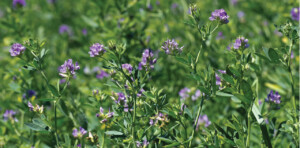
Huma® Improves Alfalfa Soil Biology In the Southwest
Background Industrial agriculture can degrade soil quality for crops by altering the total living microbial biomass of soil. Many practices and beneficial ag products have been introduced to the market to improve soil quality. Some of these products are humic substance-based products. Objective The objective of this trial was to evaluate the efficacy of applying
Related Blog Posts

The Fertilgold Organics Product Quality Assurance Process

This Week in Ag #31
#Harvest23 is here! If all goes well, I should be harvesting my corn plot this week. The beginning of fall brings excitement and optimism to the farm. But this year, those feelings appear tempered. Farmer sentiment dropped 8 points last month (according to the Purdue Ag Economy Barometer) as producers shared a dimming view of
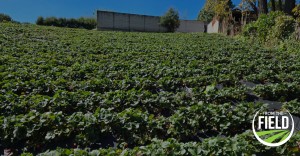
From the Field: Huma® Improves Soil Health and Strawberries in Guatemala
In the highlands of Guatemala, near the capital, is a small stronghold for berries. Strawberry production in Guatemala covers about 3,000 hectares in total, yet it yields nearly 14,000 tons of fresh strawberries annually, with 7,000 tons exported to neighboring countries. During my previous visits to Guatemala, I often passed by local strawberry farms, which

